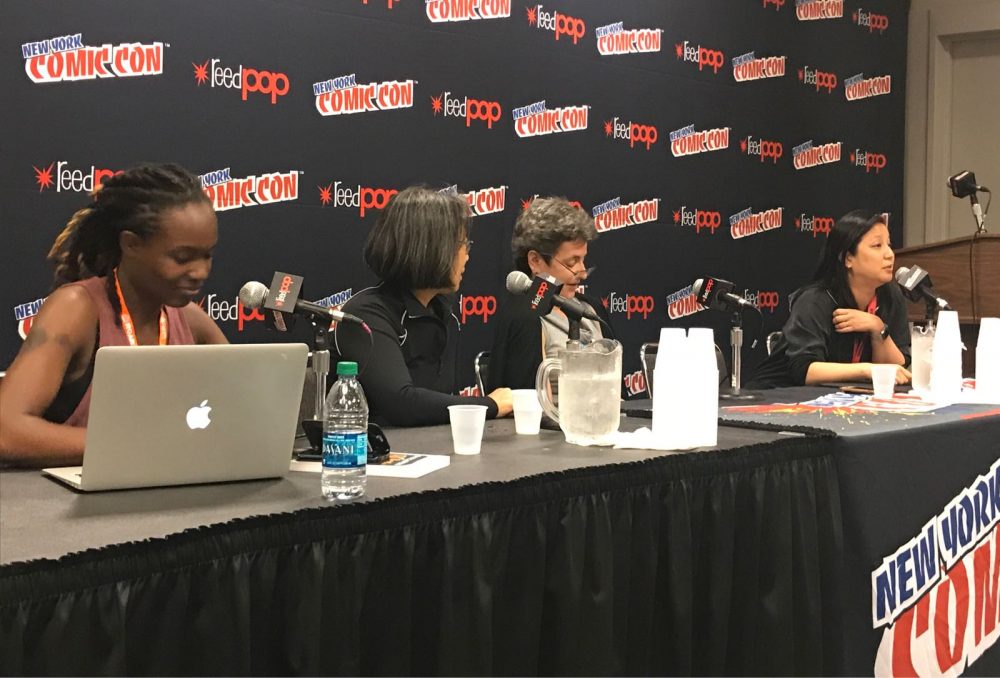
The institutional memory of women in comics is short, but women have been involved in comics for over 100 years. It’s something that surprised the panel’s moderator Amy Chu (Red Sonja, Poison Ivy). Chu, who got her start in comics in 2011, jokingly credits much of her success to vindictiveness, “I’m trying to prove 11 guys from a writing course wrong, that a girl can write Deadpool…and I did.” Chu was joined by veteran comics letterer Janice Chiang (Transformers, Rom), Dr. Sheena Howard(Superb, Black Comics: Politics of Race and Representation), and Karen Green (Columbia University Curator for Comics & Cartoons).
Dr. Sheena Howard’s path into comics was through academia. Howard, who received her doctorate from Howard University, wrote her thesis on Aaron McGruder’s comic The Boondocks. Her scholarship earned her an Eisner Award. Since then she’s found her way into writing comics and recently announced her joining the team at Lion Forge to help work on the comic for the series, Superb. Howard recently published The Encyclopedia of Black Comics (Fulcrum), says she wanted to help educate people about the many contributions of Black comic artists, letters, and academics. “Black women have been here for years and years, they have their own fan base.” From Barbara Brandon-Croft (Where I’m Coming From) to Juliana Smith ((H)afrocentric), Black women continue to make their mark on the legacy of sequential art.
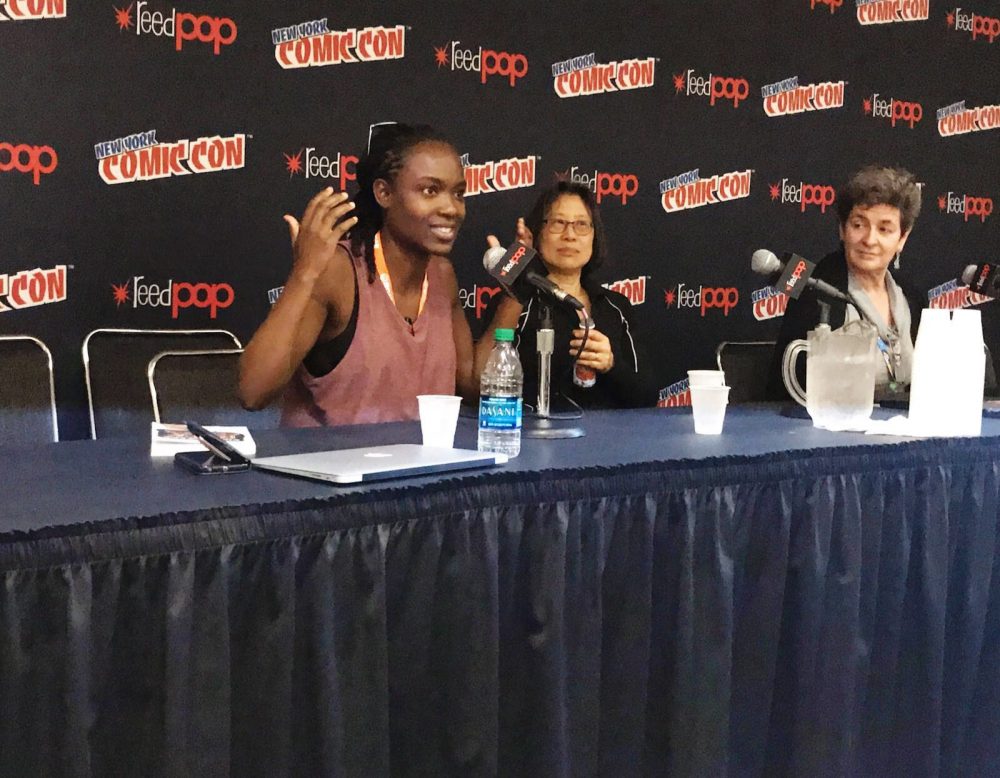
Veteran comics letterer Janice Chiang entered the comics industry during her twenties. Chiang took a hiatus from the comics industry because, “In the seventies women were either muses or handmaidens.” During her hiatus she did community and political organizing, that’s where she gained a lot of real world experience and learned an important lesson, “Everyone has humanity, no matter who they are or where they are in their life.” Chiang, whose last name means general, says she grew up with a mother who told her to never use the word “can’t.” It’s a motto she’s lived her life by.
Columbia University’s Karen Green is helping to bring the world of comics into the academic fold. She’s been curating the University’s comics and graphic novel collection since 2005 and has helped acquire the papers of Chris Claremont, Lyle Stuart, and Rockwell Kent. Green expressed the importance of knowing how popular comics were with women up until the 1960s, especially Romance Comics like Modern Love. Green credits the women’s liberation movement with changing the way women read (or perhaps didn’t read) romance comics. Green and Chu touched on the incredible monumental achievement that is Archie Comics, a non-superhero comic which retains popularity with men and women of all ages.
“You’ve got to get tactical, you’ve got to find your allies.” That’s the advice Amy Chu gave to the majority female audience about breaking into male dominated spaces. Going to a meeting where you know there are hostile viewpoints? Chu recommends connected with allies beforehand to have your back in case you get interrupted. Chu says the industry is getting better, noting the emergence of more female editors. Dr. Howard says she’s had to develop a thicker skin and that she’s had to stop silencing herself. People must be their own best advocate, you have to stand up for yourself and know what you are worth. Chiang says that her conviction in her worth is what got her through the boom years and the lean years, “It keeps you level headed.”
Whether you’re into superhero comics or not, whether you enjoy mainstream publishers or indie publishers, webcomics or all of the above–the panelists wanted the audience to know they belong. Everyone deserves a voice in the comics industry. If you want to make it keep pushing, keep working until people can no longer ignore you.


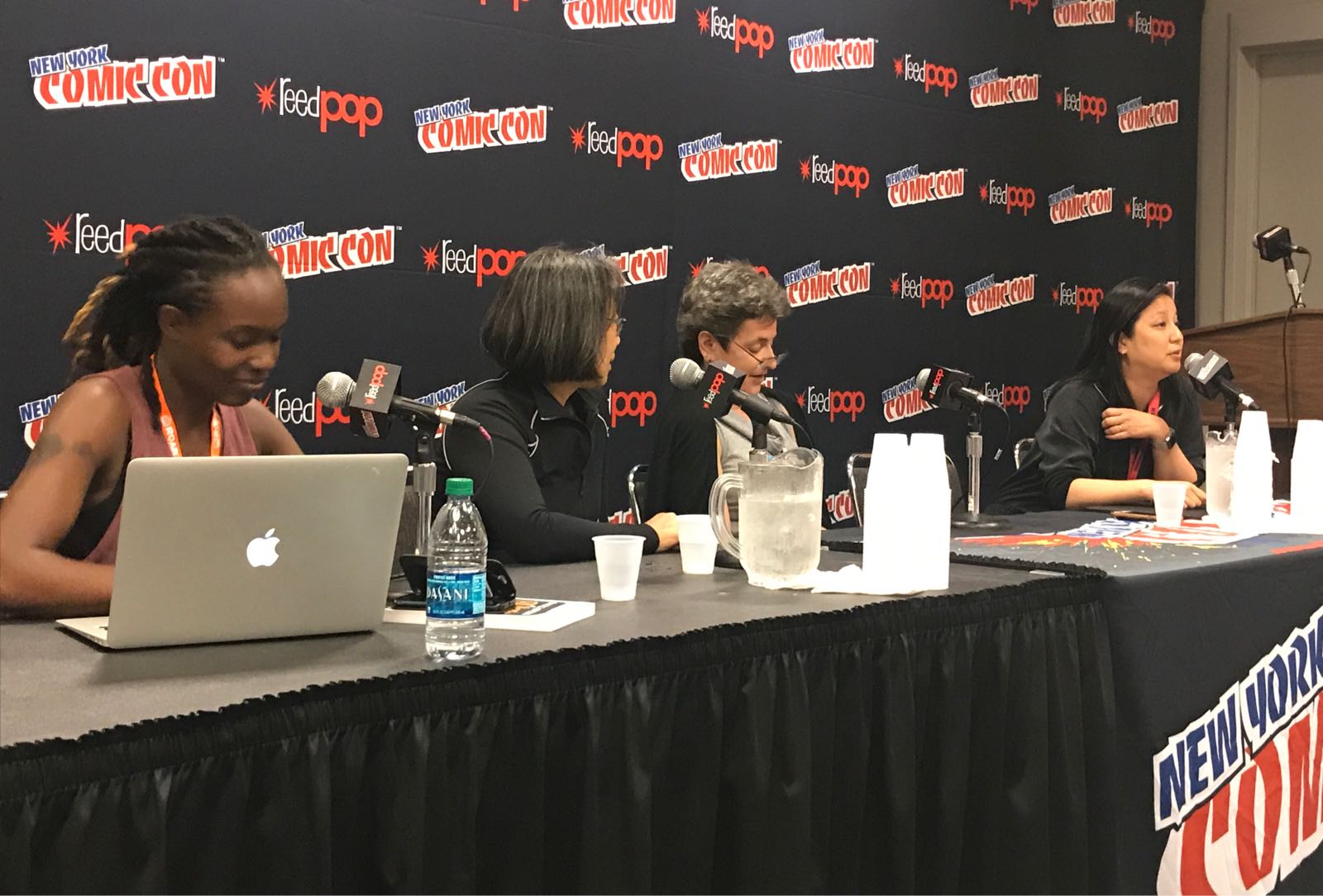
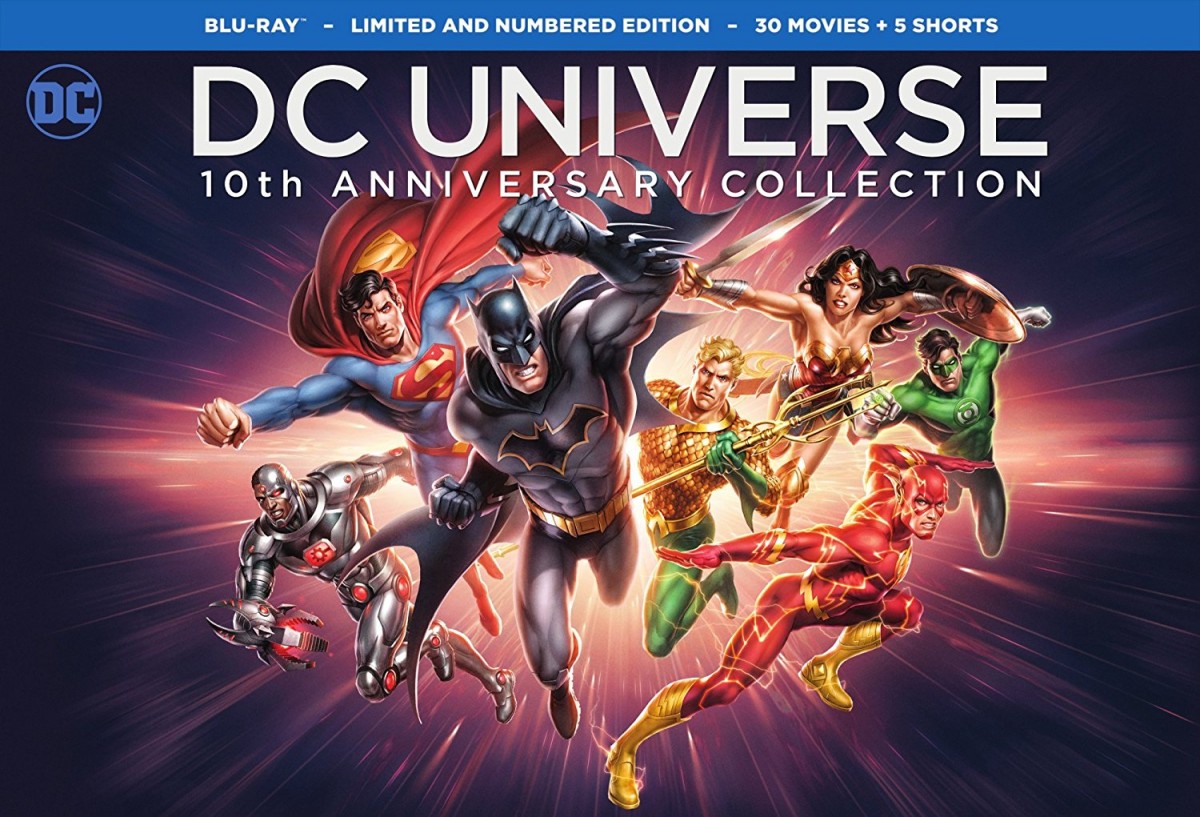
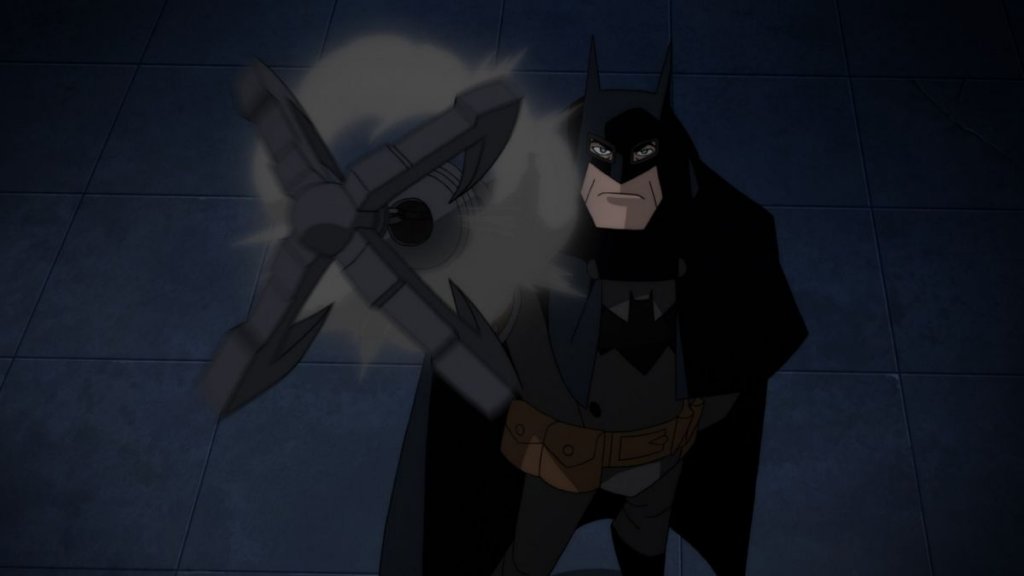
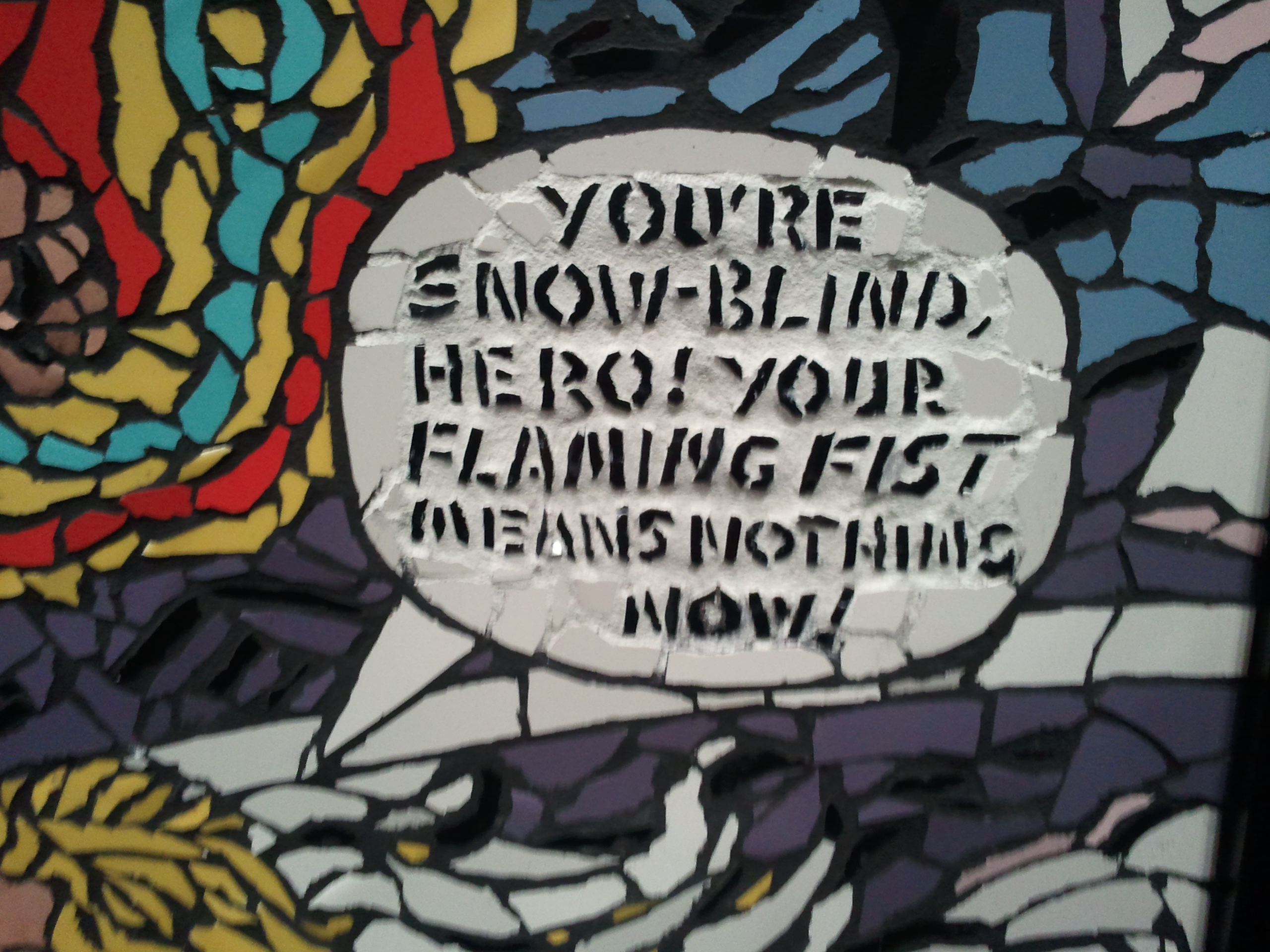


Thank you so much for this, Andrea! But I’m afraid I had nothing to do with acquiring Lyle Stuart’s or Rockwell Kent’s papers: Stuart’s papers were, I believe, acquired by our curator for the the history of publishing. Rockwell Kent was a Columbia University alumnus whose papers came to us through a series of gifts in the 1970s and 1980s. I did bring in Chris Claremont’s papers, though, as well as Wendy and Richard Pini’s, Al Jaffee’s, Howard Cruse’s, the Kitchen Sink Press archives, and materials from many contemporary NYC cartoonists!
Comments are closed.